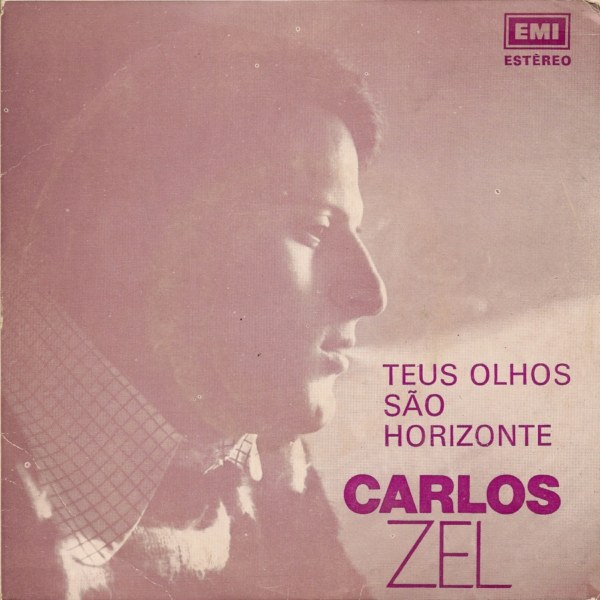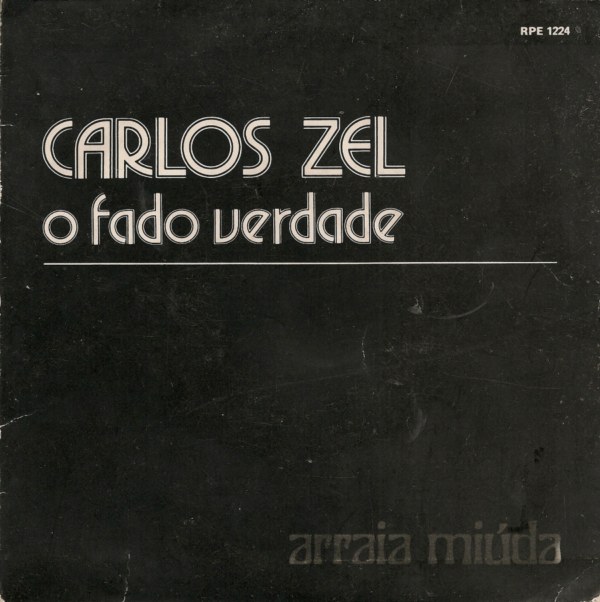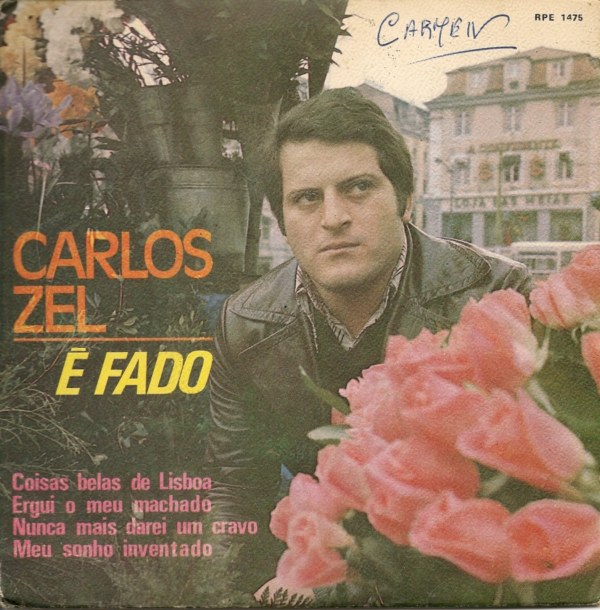Know more:
Carlos Zel
(N. 29 September, 1950 - M. 14 February, 2002)The fado singer Carlos Zel had a remarkable career in the most recent history of fado, performing themes that combine tradition and contemporaneity in his unique way.
António Carlos Pereira Frazão was born in Parede, on September, 1950. He started singing in Cascais and Estoril as an amateur. At the age of 17 he became professional, adopting the artistic name of Carlos Zel and, the year after, he had his artistic debut at Emissora Nacional.
Carlos Zel sang in several places in Cascais area, as the Bar Galito, or fado houses like Guitarra da Madragoa, and he has even maintain the singer activity with his lathe operator profession. Also his brother, Alcino Frazão, was an excellent guitar player, but unfortunately passed away very prematurely.
At the beginning of the 1970s, Carlos Zel was part of a group of fado singers who appeared at that time, as João Braga, António Melo Correia or José Pracana, artists “marked by a search for a performance tradition that was embodied essentially in the patriarchal figure of Marceneiro but also taking Maria Teresa de Noronha as a point of reference (...) ". Characteristic of his performing is "an incomparable expressive intensity and a wealth of melodic variation in the way he tackled traditional strophic fados" (cf. Nery, 2012: 347, 380).
He started the record edition of his repertoire in the 1960s. Among his many records are the titles: “Rosa Camareira” (1967), “Poemas de Eduardo Damas” (1968), “Maria dos Olhos Negros” (1969), “Minha Primeira Cantiga” (1971), O Seu Nome Era Manuel” (a tribute record to the bullfighter Manuel dos Santos, published in 1975), “Mestre Núncio” (a tribute record to the bullfighter João Núncio, published in 1976), “Romeiro (1977), “Lusitano Vagabundo” and “Neste Rio Vou Morrer” (1978), “Cantigamente” (1980) and “À Volta do Fado” (1986).
Carlos Zel released, in CD format, the album “Fados”, for BMG in 1993, launched the compilation “A Minha Primeira Cantiga”, in 1996, republishing in CD several tracks record in vinyl, including those of the same title EP, and made part of the record “Harpejos e Gorgeios” by Celina Pereira, in 1998.
His last record, titled "Com Tradição" (Movieplay), was presented with great success in a concert at the CCB auditorium, on the october 23, 2000. At this time is still remarkable that Carlos Zel "has major links to the traditional fado, with everything he owns from bohemian and tradition", although he performs some provocative themes like "Fado da Internet", a poem by Daniel Gouveia, or the "Retrato dum Alfacinha Sub-urbano", a poem by José Niza played in the Fado Corrido (cf. "Diário de Notícias", July 1, 2000).
Carlos Zel had tours and concerts in Spain, France, Netherlands, Scotland, Denmarc, Norway, Brazil, Argentina, Chile, Venezuela, Canada, United States of America and Senegal. In 1997 he performed in the show “Raízes Rurais, Paixões Urbanas” by Ricardo Pais, brought to the stage at the Cité de la Musique in Paris, also with the presence of Argentina Santos.
In 1984 the fado singer opened in Madragoa the fado house O Ardinita (the title of a poem by João Linhares Barbosa, performed by Fernando Maurício), in a partnership with Carlos Escobar, but this became an experience that only lasted a few months.
In addition to regular performances in concert performances in Portugal and abroad, Carlos Zel also made part of the casts of some theater musical plays. For example the “Aldeia da Roupa Suja”, performed in 1978, at Teatro Variedades, “A Severa”, brought to the stage of Teatro Maria Matos, in 1990, and “Ai quem me acode”, premiered in 1994, at Teatro ABC.
The fado singer performances on television are frequent. Carlos Zel was on programs such as "Piano Bar", from1988 or the "Pisca Pisca" series, in 1989 ". In 1994 the singer performed themes for the soap opera "Desencontros" and appeared also as an actor in episodes of the television series "Cinzas", in 1992, and the "Polícias" series, in 1996.
Recognized as a performer engaged in the dissemination of Fado, Carlos Zel was one of the founders of the Academia da Guitarra Portuguesa e do Fado, in 1994. For three times he was awarded by Casa da Imprensa for his activity: in 1993 the "Prestige Prize", in 1997 the "Neves de Sousa Award" and in 2000, the "Consecration Prize".
During the year 2000, Carlos Zel was one of dynamic forces to the organization “Quartas-Feiras de Fado” at Casino do Estoril, where he performed every week. It is noteworthy that Carlos Zel was the first male fado singer to do a season of performances in Casino Estoril. In 2010 Movieplay edited the CD "Quartas de Fado", a posthumous homage that unveiled live recordings of this program, with Carlos Zel and guests, between November 1, 2000 and December 19, 2001.
With a unique performing style where tradition was always present, Carlos Zel made popular titles such as “Meu amor morre no mar”, “Sonho louco”, “Palavra à solta”, “Prece”, “Fado Pechincha”, “Tenho saudades da baixa”, “Amar outra vez”, “Quero tanto aos teus olhos” or “Travessa do Poço dos Negros”. Although he was a national reference as a fado singer, he made attempts to open the fado to other sounds during his career, made some experiments with Luís Represas, in the musical project "Cantautores", at Expo '98, with Maria João and Mário Laginha, at a performing in the Anfiteatro da Doca, also at Expo 98, and with Carlos Zíngaro, Cesária Évora and Celina Pereira in discographic works.
Carlos Zel died with 51 years on February 14, 2002, at Cascais.
The Municipality of Cascais gave his name to a street in Parede and to a roundabout in Birre, as a posthumous tribute.
Also the Casino Estoril began to conduct the " Gala de Fado Carlos Zel," in a clear tribute to the fado singer, held on an annual basis, and attended by major artists such as Aldina Duarte, Alexandra, Ana Moura, Carlos do Carmo, Antonio Zambujo, Jorge Fernando, Ricardo Ribeiro, among many others.
Source:
“Diário de Notícias, July 1, 2000;
“Público”, Februray 15, 2002;
Bastos, Baptista (1999), “Fado Falado”, Lisboa, Ediclube;
Nery, Rui Vieira (2012), “A History of Portuguese Fado”, Lisboa, Museu do Fado – Imprensa
Nacional Casa da Moeda;
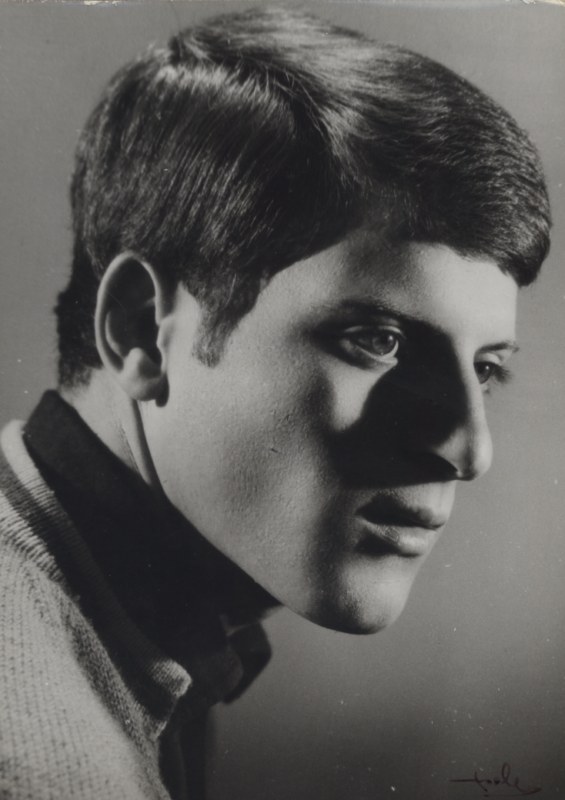
Carlos Zel s/d.
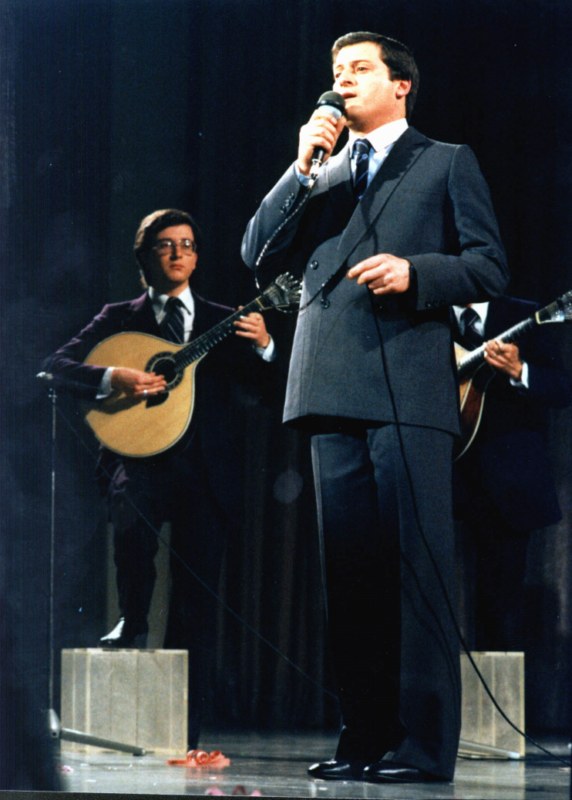
Carlos Zel s/d.
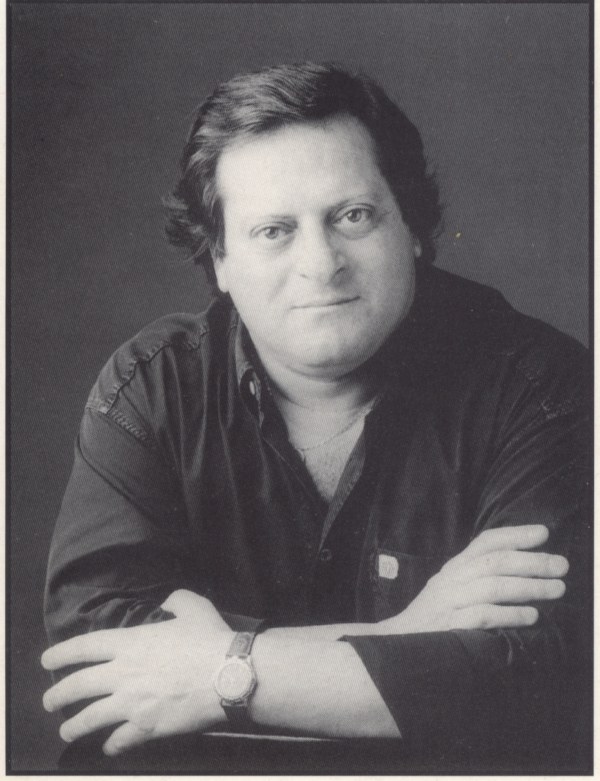
Carlos Zel s/d.
-
Quando o Peito Tem Saudade Carlos Zel (Maria Manuel Cid / Alberto Costa - Fado Dois Tons)
-
Amar Outra Vez Carlos Zel (Rosa Lobato Faria / Fernando Correia Martins)
